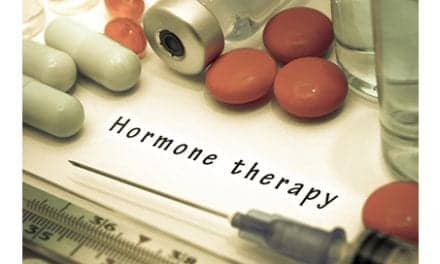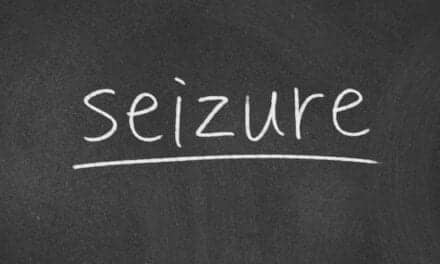Sleep problems tend to occur post-TBI, but recovery from both seems to occur in parallel, according to a study published recently in Neurology.
“We found that when someone sustained a brain injury and had not recovered a certain level of consciousness to keep them awake and aware of their surroundings, they were not able to generate a good sleep-wake cycle. But as they recovered, their quality of sleep improved,” says study author Nadia Gosselin, PhD, of the University of Montréal in Québec, Canada, in a media release from the American Academy of Neurology.
The study involved 30 people, ages 17 to 58, who had been hospitalized for moderate to severe TBI. Most of the patients were in a coma when they were admitted to the hospital, and all initially received care in an intensive care unit.
Each person was monitored daily for an average of 11 days for level of consciousness and thinking abilities using the Rancho Los Amigos scale, which ranges from 1 to 8. Each person also wore an activity monitor on their wrist so researchers could measure their sleep, the release explains.
Investigators note that the patients’ consciousness and thinking abilities improved hand-in-hand with measures of their quality of sleep. The participants also reached an acceptable sleep-wake cycle, with a daytime activity ratio of at least 80%, at the same point when they emerged from a minimally conscious state.
Sleep-wake cycles reached adequate levels at the same time that the patients reached a score of 6 on the Rancho Los Amigos scale, which is when people can give appropriate responses while still depending on outside input for direction. The results were the same when the researchers adjusted for the amount of time that had passed since the injury and the amount of medications they had received while they were in the ICU, the release continues.
“It’s possible that there are common underlying brain mechanisms involved in both recovery from TBI and improvement in sleep,” Gosselin shares in the release. “Still, more study needs to be done and future research may want to examine how hospital lighting and noise also affect quality of sleep for those with TBI.”
[Source(s): American Academy of Neurology, Science Daily]





